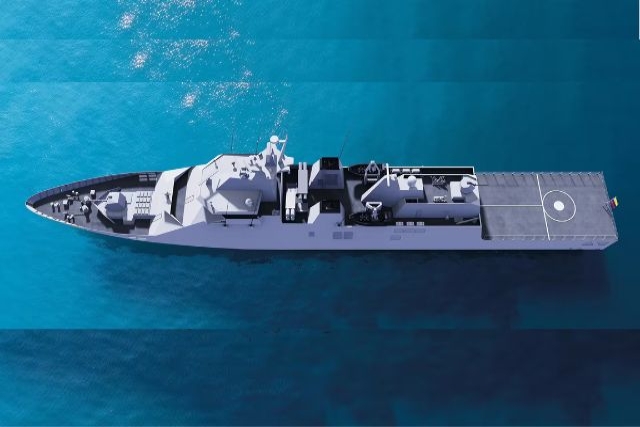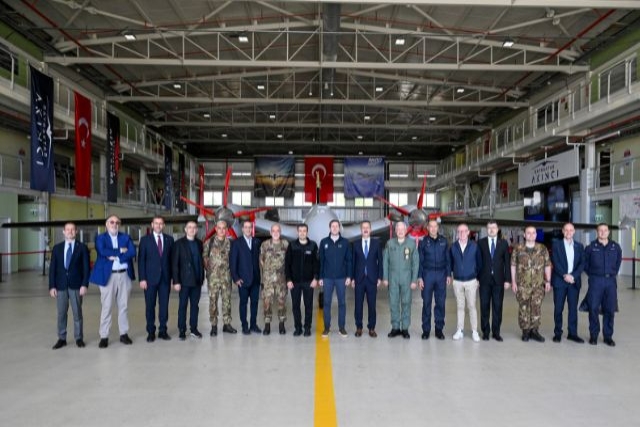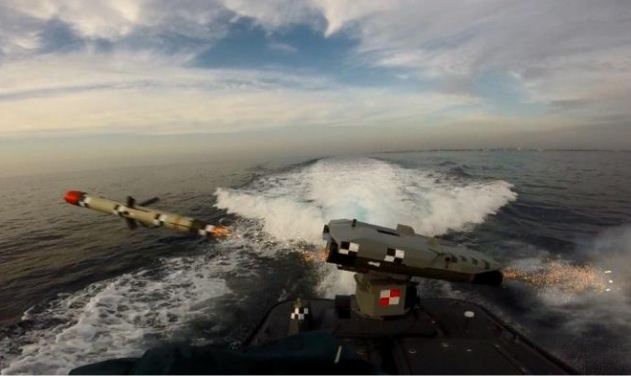Snowden Revelations Leave US Allies Scrambling To Build Cyber Defense Capabilities

As a side-effect to Edward Snowden's revelations on widespread snooping US' National Security Agency (NSA), defense companies rolling out new cyber security solutions aimed at securely sharing sensitive information.
Lockheed Martin this week announced the development of a new cyber security solution that allows intelligence to be securely shared among personnel working at all security levels -- from highly classified intelligence sites to unclassified users in the field.
This high assurance information solution, called Trusted Sentinel, allows data to be manually and/or automatically transferred between two or more differing security domains by using a single consolidated configuration of hardware and software, the company explained in a statement.
Trusted Sentinel supports the secure flow of intelligence data between all clearance levels by ensuring that sensitive information does not escape the highest clearance levels. It also ensures that information traveling back up the chain from un-cleared sources does not contain malicious code that could corrupt secure networks.
Allies are also leaving no stone unturned since learning that the US spied on world leaders and are urgently strengthening their cyber defense capabilities.
BAE Systems also announced the launch of its Advanced Threat Detection (ATD) service in Australia as a response to growing concerns around targeted cyber attacks on businesses.
The Advanced Threat Detection (ATD) service detects the most sophisticated targeted cyber attacks against businesses. A wide range of international clients already use the solution, from law firms, financial services, defence and energy companies to the world leading Vodafone McLaren Mercedes Formula 1 team, BAE Systems said.
BAE System Detica’s Advanced Threat Detection service adopts unique behavioural monitoring and analytics technology which is designed to detect sophisticated threats. It analyses criminal and malicious activity and patterns across all networks of a business.
Richard Watson, Managing Director, APAC and Middle East, BAE Systems Detica said, “Targeted attacks are designed to extract valuable or sensitive information from organisations by targeting specific individuals, often in positions of elevated privilege, such as directors, executives or legal counsel. The crafted nature of these attacks means that conventional security counter measures like anti-virus, firewalls and intrusion detection systems, or traditional managed security services are unlikely to detect them in time to prevent an impact.”
In July, US ally, the United Kingdom announced the formation of cyber response unit. Minister of Defense Equipment Philip Dunne announced that nearly £70 million pounds would be allocated to improving the country's cyber capabilities.
The cyber response unit will bring together key network providers with the military teams who are able to make minute to minute decisions on the priorities for network operation and defence.
“Following the decision by the National Security Council to place the potential threat from cyber as a Tier one threat to the nation as we heard earlier, along with International Terrorism and a major national ecological disaster, this Government committed £650 million to improve cyber security within the UK. On top of the money allocated to the MOD from this fund in 2010, we have also allocated a further £70M over the next 4 years from within our own budget for improving our cyber defence capabilities,” Dunne said
BAE Systems, British Telecom, EADS, Hewlett Packard, Lockheed Martin, Logica (CGI), Rolls Royce, Selex ES and Thales have been selected to build national resilience against cyber attack.
Earlier this month, General Dynamics was awarded a contract from the Canadian Department of National Defence's to o develop an automated computer-network defence capability to enhance the security of the departments networks.
The ARMOUR project, conceptualized by Defence Research and Development Canada (DRDC), will develop and integrate advanced scientific and technological solutions to the increasingly challenging and complex problem of defending DND networks, protecting their mission-critical information.
ARMOUR will integrate leading-edge network cyber assessment tools to proactively deal with cyber vulnerabilities and mitigate attacks in real time, as well as automatically generate optimized courses of action for potential future threats.
The US has come under fire from allies over Snowden's latest revelations that the National Security Agency tapped and snooped in on conversations of 35 world leaders, including German Chancellor Angela Merkel.









